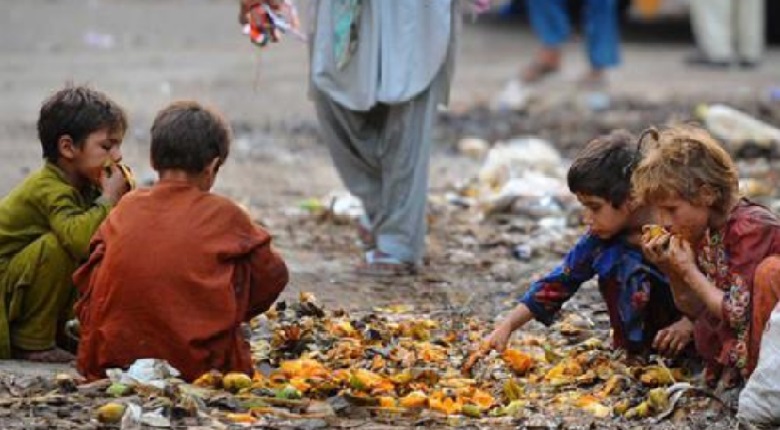The administration of President Joe Biden didn’t expect the Taliban to seize control of Afghanistan so quickly and pulled US troops from the country. So, 22-years of nation-building and an Afghan military crumbled within days. The international community acted quickly, froze Afghan assets, stopped foreign aid, and extended sanctions. The country is now experiencing mass starvation and economic collapse. The director of the United Nations World Food Program in Afghanistan, Mary-Ellen McGroarty said, “I’ve been with WFP for a long time, 20-plus years, and I’ve never seen a crisis unfold and escalate at the pace and scale that we are seeing. More than half the country or 72% of the population is already living below the poverty line before all this, before the fall of the government.
McGroarty also said, “And now it’s just staggering. You know, we have 22.8 million people in what we call severe food insecurity. People don’t have jobs, they can’t access cash, and food prices are going up. The currency is depreciating and we’re now really in a race against time”. Point to be noted that UNICEF also warned that more than 1 million children in Afghanistan are now at risk of dying of starvation. The beds were full and rooms quiet inside the children’s hospital in Kabul. Doctors say all of the children in this room are suffering from malnutrition. They can’t offer them medicine because they’ve run out. They can’t offer them food because even the hospital doesn’t have any. None of the staff here has been paid in four months.
It is noteworthy that the hospital had been supported by international aid that was cut off when the Taliban took over. The Taliban first rose to power after a 10-year war with the Soviets and the collapse of the country’s communist regime, 30 years ago. However, there are women on the streets, but not many. Taliban urged women to stay home when marched into Kabul. A director for UNICEF, Manuel Fontaine first came to Afghanistan after 9/11. He explained how their relationship with the Taliban has evolved over the years. He said, “They are receptive now in the sense that they realize that with power comes the responsibility to do something for the population of Afghanistan. They realize they have that responsibility and, in that sense, they’re willing to have those discussions”.
